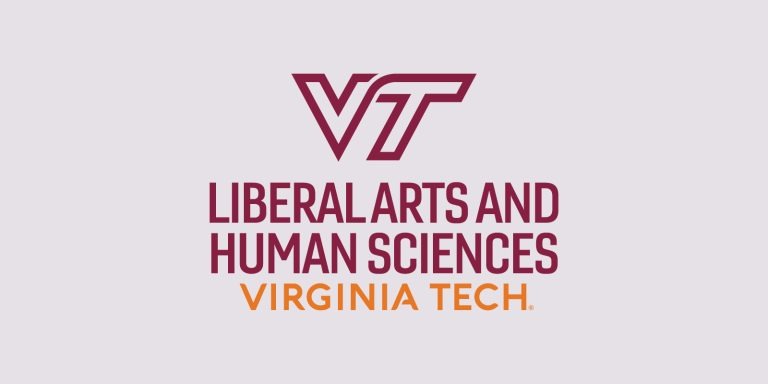 RICHMOND, Va. (AP) — It can start with a couple of traffic tickets. Unable to pay the tickets right away, a driver becomes saddled with late fees, fines and court costs. Soon, the driver may be taken off the road indefinitely. More than 40 states allow the suspension of driver’s licenses for people with unpaid criminal or traffic court debt. But now, advocates across the country are pushing to change that, arguing that such laws are unconstitutional because they unfairly punish poor people and violate due process by not giving drivers notice or an opportunity to show they cannot afford to pay the fees. Lawsuits have been filed in at least five states over the past two years.
RICHMOND, Va. (AP) — It can start with a couple of traffic tickets. Unable to pay the tickets right away, a driver becomes saddled with late fees, fines and court costs. Soon, the driver may be taken off the road indefinitely. More than 40 states allow the suspension of driver’s licenses for people with unpaid criminal or traffic court debt. But now, advocates across the country are pushing to change that, arguing that such laws are unconstitutional because they unfairly punish poor people and violate due process by not giving drivers notice or an opportunity to show they cannot afford to pay the fees. Lawsuits have been filed in at least five states over the past two years.
“It’s not that I don’t want to take care of what I owe. I really wish I could,” said Brianna Morgan, a single mother from Petersburg, Virginia, who hasn’t had a license in three years because she owes more than $400 in traffic fines and court costs from traffic violations and a disorderly conduct citation. “I really don’t have a way to pay it,” said Morgan, who supports herself and her three children on a monthly disability check.
Advocates had a victory this week in Tennessee, where a federal judge ruled that a law that allows the state to revoke the licenses of low-income people with unpaid court debt from past criminal convictions is unconstitutional. U.S. District Judge Aleta Trauger called the law “powerfully counterproductive” and ordered Tennessee to stop revoking licenses and to reinstate the licenses of people who had theirs revoked due solely to nonpayment of court fees. “If a person has no resources to pay a debt, he cannot be threatened or cajoled into paying it; he may, however, become able to pay it in the future. But taking his driver’s license away sabotages that prospect,” Trauger wrote in her ruling Monday.
In Virginia, nearly a million people currently have suspended driver’s licenses at least in part because of unpaid court debt, according to the Legal Aid Justice Center, a nonprofit that is challenging the practice in a federal lawsuit. A judge dismissed the case on jurisdictional grounds, but in a ruling in May, the 4th U.S. Circuit Court of Appeals gave the case new life, sending it back to the lower court to allow the plaintiffs to revise the lawsuit.
Millions of drivers nationwide have lost licenses because of such laws. In a study released in September, the justice center estimated that 4.2 million people then had suspended or revoked licenses for unpaid court debt in five states alone: Virginia, Tennessee, Michigan, North Carolina and Texas.
Lawsuits are pending in North Carolina, Montana and Michigan, in addition to Virginia and Tennessee. In California, legislation enacted last year prohibits state courts from suspending driver’s licenses simply because of unpaid traffic fines.
But supporters of the laws say people who violate traffic laws must be held accountable.
Virginia Republican state Sen. Bill Carrico said the threat of losing a license can provide incentive to pay fines.
“If we don’t suspend driver’s licenses, then people will say, ’I’m not going to pay the fine,’” Carrico said. “That’s a slippery slope.”
A separate lawsuit still pending in Tennessee challenges a law that allows the state to take away the driver’s licenses of people with unpaid traffic debt.
For Ashley Sprague, a 27-year-old mother of five from Lebanon, Tennessee, who is a plaintiff in that case, the thought of paying $946 in traffic debt, plus $388 to get her license reinstated, was overwhelming.
Her debt began in 2015 after she got a citation for speeding and failure to have proof of insurance. At the time, she made $2.13 an hour, plus tips, as a waitress at Waffle House.
Sprague said she couldn’t afford to pay and lost two jobs while her license was suspended because she had to rely on other people to get to work.
In the Virginia case, Judge Roger Gregory, chief justice of the 4th U.S. Circuit Court of Appeals, wrote that the state’s system does not differentiate between those unable to pay from those unwilling to pay.
“By suspending the licenses of those who cannot pay for reasons outside of their control, the state traps thousands of Virginians in a nightmarish spiral for which there is no apparent exit,” Gregory wrote.
But Jonathan Turley, a professor at George Washington University Law School, said he thinks it’s unlikely the lawsuits will succeed in getting other states to stop suspending licenses for nonpayment of fees.
“There’s no question that suspension for failure to pay a fine is the hardest on those who cannot pay the fine, but courts will be concerned about the slippery slope narrative,” Turley said.
“If there is a constitutional barrier to the suspension of licenses for failure to pay a fine, where does that right begin and end? Does that apply to all permits and licenses?”



